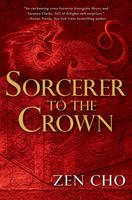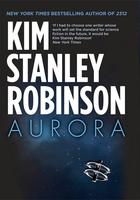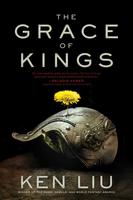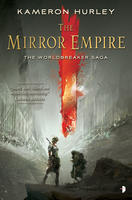 When Dr Connie MacAdair is offered a post-doc fellowship at Cambridge University promising two years of uninterrupted time to focus solely on her own research, sans teaching, she simply cannot turn it down. It almost seems too good to be true and, as it turns out, it is. Once she arrives, she realises that she has been placed in a bunker-like compound with five other mathematicians and, once she has signed a sinister confidentiality agreement, given a long sequence of numbers they’re expected to search for any viable patterns. To begin with, it simply seems like lengthy and tedious work, but eventually they figure out that, whatever the sequence says, it seems to originate from somewhere in outer space. Earth has come into contact with extraterrestrial life and it’s up to them to figure out what the message holds.
When Dr Connie MacAdair is offered a post-doc fellowship at Cambridge University promising two years of uninterrupted time to focus solely on her own research, sans teaching, she simply cannot turn it down. It almost seems too good to be true and, as it turns out, it is. Once she arrives, she realises that she has been placed in a bunker-like compound with five other mathematicians and, once she has signed a sinister confidentiality agreement, given a long sequence of numbers they’re expected to search for any viable patterns. To begin with, it simply seems like lengthy and tedious work, but eventually they figure out that, whatever the sequence says, it seems to originate from somewhere in outer space. Earth has come into contact with extraterrestrial life and it’s up to them to figure out what the message holds.






 Sorcerer to the Crown by Zen Cho
Sorcerer to the Crown by Zen Cho
 The Grace of Kings
The Grace of Kings

 Follow us on Twitter
Follow us on Twitter Follow our Instagram
Follow our Instagram Our videos on YouTube
Our videos on YouTube


 RSS Feed Anna Bark Persson
RSS Feed Anna Bark Persson